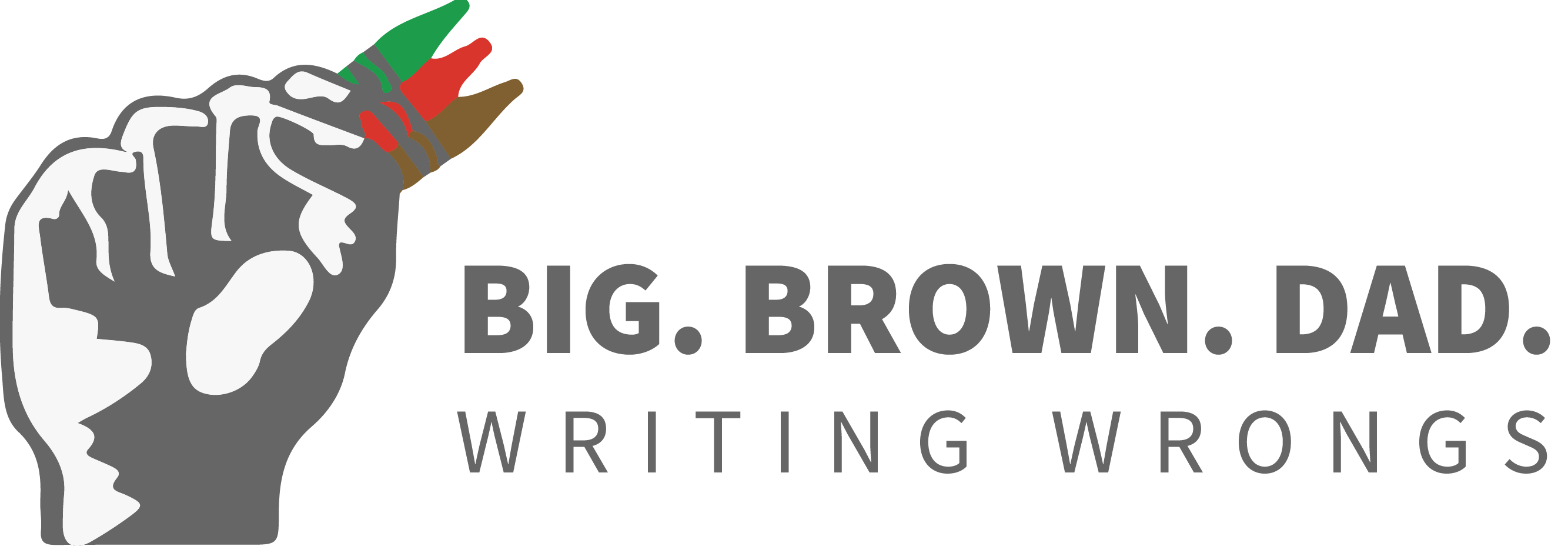A guest post by Rumbi Mavima
The year is now 2022 and only about 1 in 10 employees at large tech companies is black or Latinx. As the United States faces an overlapping health and civil rights crises, many companies have increased their efforts to change the tech industry’s talent dynamics. While tech companies continue to release statements of corporate solidarity against racism, they are also under more pressure than ever to demonstrate tangible progress — especially after recent cuts to diversity programs at companies including Google.
For many years, industry giants resisted calls to disclose workforce diversity data, making it difficult to pinpoint how much whiter and more male Silicon Valley was than the population at large. But Google’s 2014 decision to publish the racial and gender breakdown of its workforce appeared to signal a sea change. What does the data say?
The numbers revealed an industry dominated by white and Asian men. Of nearly 50,000 employees at Google in 2014, 83% were men, 60% were white, and 30% were Asian. Just 2.9% were Latino, and 1.9% Black. A year later, as other major Silicon Valley companies began releasing their own diversity numbers, Google announced it would dedicate $150 million to increasing diversity at the company.In the years since, Google has more than doubled its workforce but made minimal progress toward a more representative one. The numbers are similar across the industry.
Leaders in the industry have pointed at a “pipeline problem” to explain the lack of black and brown hiring and promotion. But in 2016, 12% of graduates with a degree in science, technology, engineering or math were Black, according to the National Center for Education Statistics. Even the graduating class of computer science majors at Stanford,is more diverse than the companies just down the road from campus.
The problem doesn’t seem to be education but lack of access and support. A number of minority tech professionals agree that the industry’s reliance on personal relationships to grant access and opportunity is partly to blame, producing a network effect that goes against Black and Latino inclusion.
“The problem is not a lack of qualified candidates, but the companies’ unwillingness to open the door,” said Bari Williams, the head of legal at Human Interest, a financial services startup. Companies are also reluctant to broaden the schools they recruit from to include historically Black colleges and universities, said Williams, who advocates for diversity in Silicon Valley.
“It always comes down to some semblance of seeing it as lowering the bar,” she said. Williams, who used to work at StubHub and Facebook, said she’s seen candidates get passed over because they attended an HBCU.
Then there is the origin of the tech ecosystem — venture capital funds — typifies the problem.
“The industry’s reliance on personal relationships perpetuates a system of gate-keeping that is almost designed to keep investors like me out,” says Kanyi Maqubela ,managing partner of Kindred Ventures.
Black investors make up less than 1% of venture capitalists, a very small world to begin with. According to Govtech.com, in 2018, just 713 individual investors at large venture funds, defined as having more than $250 million under management, had the power to lead deals, sit on boards, and write checks to invest in companies, according to an Information survey. Of that group, 11 were Latino and seven were Black. A number of premier firms, such as Sequoia, Benchmark, Greylock, and Kleiner Perkins have no Black partners at all.
When a Black VC goes out to try to raise a new fund from those limited partners, Maqubela said, “They’re taking all the demographic patterns they know and applying them purely against you.”
Blacks and Latininx individuals have made genuine progress in penetrating the nation’s tech sector. Blacks, for example, have increased their presence in several important tech occupations, such as computer programming and operations research. Likewise, Hispanics have increased their representation in the overall C&M occupational group.
As the job market reels after COVID-19 lockdowns, some tech headhunters say companies have an opportunity to rethink the way hiring is done to make sure they don’t pass over candidates they need to build products that appeal to a broad customer base.
There are a number of organizations aimed at changing the scope of diversity in the tech field. Organizations such as Sabio hold coding bootcamps for anybody wanting to take a leap into the field.
Having a diverse team of Instructors and Software Engineers that are dedicated to student success lays the groundwork for a bright future for those who complete the bootcamps.
Here is to seeing an increase of more Black and Latinx people in the industry that shapes our day to day lives.
